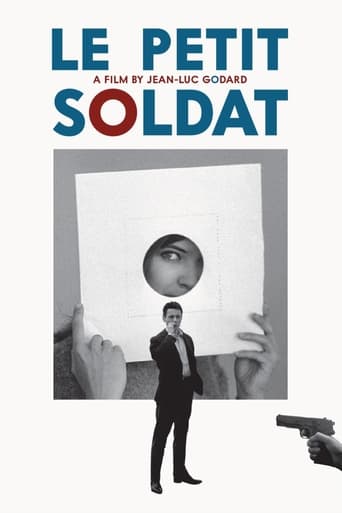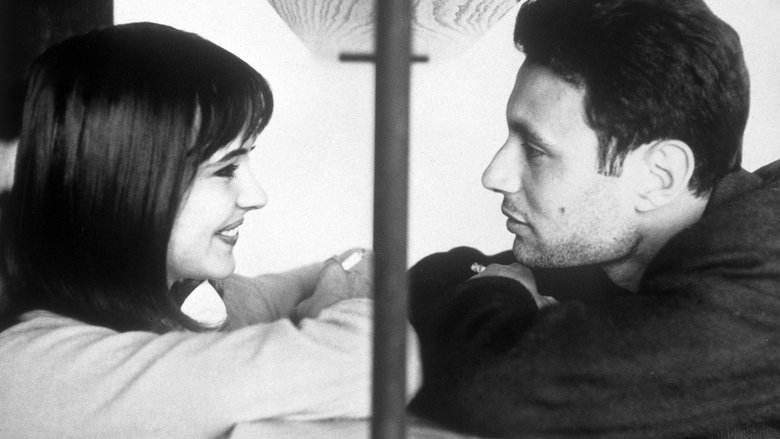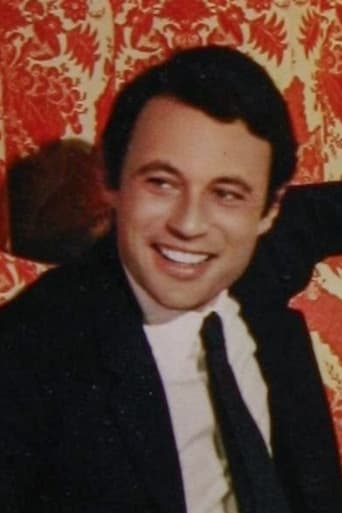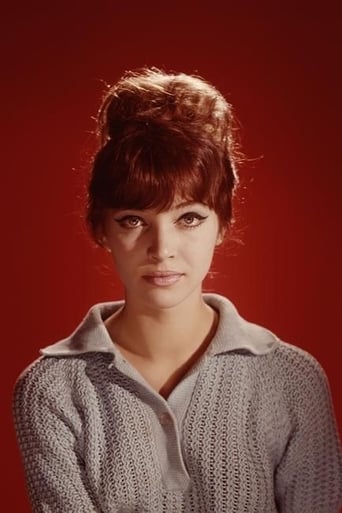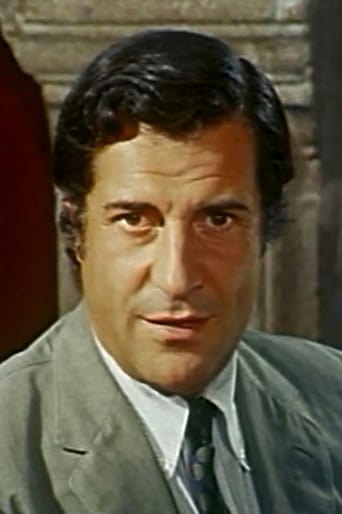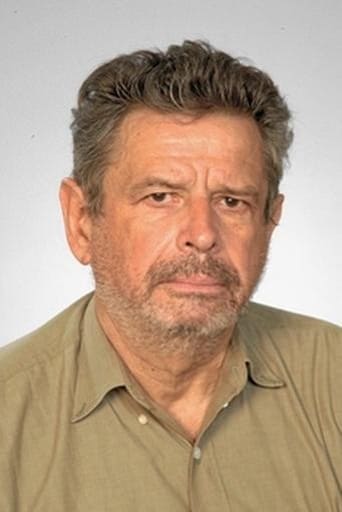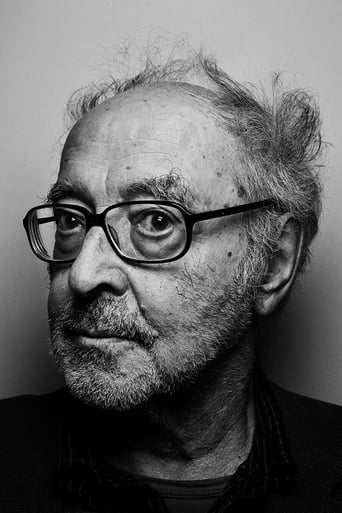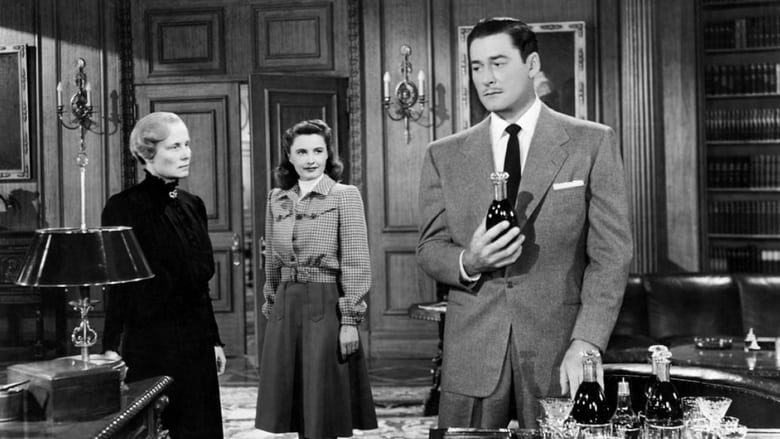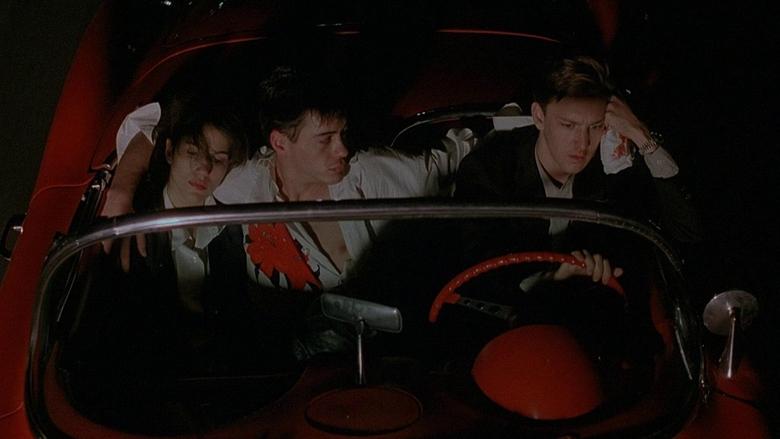During the Algerian war for independence from France, a young Frenchman living in Geneva who belongs to a right-wing terrorist group and a young woman who belongs to a left-wing terrorist group meet and fall in love. Complications ensue when the man is suspected by the members of his terrorist group of being a double agent.


Similar titles
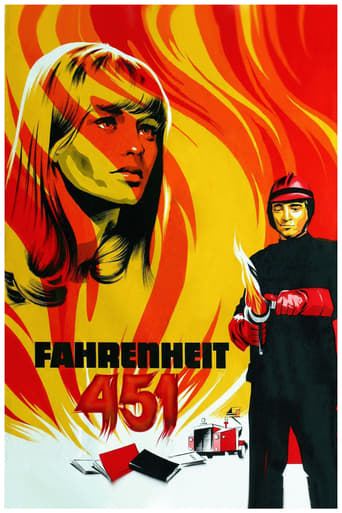
Reviews
Le Petit Soldat (The Little Soldier) was shot in 1960 but was shelved until its release in 1963 after director Jean-Luc Godard had released his controversial groundbreaker Breathless, his unique little "musical" A Woman is a Woman, and his somber and moody Vivre Sa Vie. One wonders how Le Petit Soldat, originally intended for a 1960 release, would've fared as Godard's directorial debut or even sophomore effort, as the film makes a daring attempt at commenting on the, at the time, ongoing Algerian War along with making use of scenes involving torture and misogynistic undertones.Le Petit Soldat also catches Godard in another one of his more pessimistic moods, providing a shakeup after the surprising happiness and playfulness A Woman is a Woman seemed to ooze. I've been perusing Godard's French New Wave films for the last month and a half, viewing now eight of his fifteen pictures and, from that, I can see that Godard apparently possesses three distinct moods. One of which is the aforementioned playfulness I remarked on that seemed apparent in A Woman is a Woman and little elsewhere. The second is an incoherent nature, where he seems to be spitballing ideas, observations, and insights, not really caring if they can mesh together into a project, often resulting in a rocky film (key examples are 2 or 3 Things I Know About Her and the aggressively unwatchable Film Socialisme, his most-recently released project). Finally, there's the mood he seems to be in quite frequently and that's the pessimistic and deeply cynical mood, often coming with a harsh lesson in politics and sociological commentary. Such examples are the great Pierrot Le Fou, the negative but immersing Weekend, and the thoughtful thematic tones provided in Contempt.Le Petit Soldat is another candidate for the latter category, where Godard seems to be in a cranky mood, but not just any cranky mood. The kind where you wake up in the morning with something on your mind but can't quite make your mind work to say it. Godard seems to combat this notion by giving us a home-movie-quality feature film, set during the Algerian War, diving into the mind of Bruno Forestier (Michel Subor), a man working for the French Intelligence who is tasked with killing a man named Arthur Palivoda, who works for the National Liberation Front of Algeria. Personal morals and hesitation with the operation make this mission drag out longer than it should, and the mission is further extended when Bruno meets Veronica Dryer (Anna Karina), a woman who has aided the Liberation Front and whom falls in love with Bruno. He admires her unbelievable beauty and the way she makes a photograph sparkle. She admires his naivete and his ability to ask so many questions.Godard gives us many ideas we've come to know from him up until this point. Yes, we know that he loves centering his films on the anti-hero or the character who commits despicable acts that we cannot bear to support. Yes, we know he loves lingering on shots of Anna Karina, admiring her unrealistic beauty, dirt-black hair, and her radiant, innocent, and sassy smile. And yes, we know he loves infusing his films with political commentary, subversive devices that help cinema's elasticity further stretch, and enjoys spitballing ideas at the audience, not really caring if we get them or not.After the forty-five minute mark, however, Le Petit Soldat began to take its shape, showing scenes that commented on the use of torture tactics during the Algerian War. The scenes didn't so much show the horrors and the brutality of the waterboarding and the use of burning ones hands in order to obtain information, but rather the honesty and the small details of torture. Nowadays, something like this couldn't be done without excessive screaming, terror, some amount of bloodshed, and an apparent desire on the writer/director's behalf to make the viewer as uncomfortable as possible. Instead, Godard shows a closeup on ones face as they are sprayed with water with a cloth draping their entire face, locking out all possible air. He shows us the details of a man's hands handcuffed around a thick pipe being burned and toyed with thanks to the use of a lighter. These little details make up some of the head-turning aspects of the film that can't be ignored.The final twenty-four minutes of the very short eighty-four Le Petit Soldat occupies largely takes place in one room with only two characters, Bruno and Veronica. Bruno paces back in forth, reciting dialog that is often hypocritical, observant, sometimes misogynist, but incredibly thought-provoking and intellectually-stimulating. Right then and there, it occurred to me why we see a Godard film after all. If we can somehow wait out some of the tedium (or a lot of the tedium, in this case), we get to the meat of the issue and we get wonderful dialog in return that gets our juices flowing.Le Petit Soldat is much more interesting to read about, talk about, and think about than it is to endure, especially with the first forty-five minutes being so slow and often times grating. If one can look past a subpar first half, they will be greeted with a second half that is awe-inspiring and true to its director's long-held reputation.
I find accidentally on web at www.artmovies.tk Le petit soldat online watching. enjoy it this wonderful film. I find this film it's maybe the best example what could be a film as a artistic act, more than only a narrative illustration of a story. We know a lot of movies maker who enjoy it a lot of approach but in real there films are mostly very conventional and also have a "psychologicall " content. But the realization of the film it's not psychological. Trouffaut, Antonioni and Lynch are the best example for movie maker who wan to made really art but there vision of art are not up to date. We like the novel vogue but we try to realization what are inside of the formulation of that. We know very well Jean Pierre Mellvile with his criminal movies. he never have the intention to made a art movie. but he do it because he was or inside of his movie we can recognize the obsession of a unreal world, and he show us this world. Even if this world is a puberty boy world it is fascinating to see how consequent he show us this world.
Godard's form is famous, but it's often his stories that really make him worth watching. La Petit Soldat is about a French assassin in Geneva during the Algerian war who is hired to kill a man but, when he refuses, is slowly forced into it through kidnapping and torture. It's also a highly self-reflexive movie in that "shooting" for the protagonist is as much photography as it is killing, and many references are made to the cinematic apparatus.This movie is perhaps less famous than many Godard films, but it doesn't suffer from it. Without the over-exuberant fan-fare that comes from most of Godard's works, it's much nicer to sit back and watch the relationship between Bruno and Veronica unfold. Say what you'd like about Godard's directing, whether you like his formal experimentation or not, the man knows how to capture relationships with his lens.It also is something of a thriller, though the scenes of torture he shows are much more painful than shocking. The bland black-and-white almost makes such violent acts stick out more prominently in the mind than much of the rest of the movie, which may or may not be beneficial for the experience of the film--for my part, I liked the dialog a lot more but I remember the torture better.--PolarisDiB
I just saw this film for the first time on TCM. I was appalled to see that there is no video available, nor has Maltin written a summary. Now I regret not having taped it, and hope it will be shown again.This film, Godard's second at feature-length, was made in 1960. It was subsequently banned by the French government and not commercially released until 1963, when the war in Algeria was over and Algeria had gained its independence. It is sometimes difficult to recall, 41 years after the fact, that the Algerian conflict was then tearing France apart and, had anyone but a WWII hearing like De Gaulle been in charge, probably would have led to civil war.The lead character is a somewhat reluctant and half-hearted member of a right wing terrorist group, opposing Algerian independence, planning assassinations and tortures of members of left wing terrorist groups supporting Algerian independence. Godard demonstrates that there is really no difference between the two, that they are both morally bankrupt and ultimately nihilistic. Members of both groups are shown with remarkable objectivity--remarkable if you know Godard's own political leanings, which were far to the left, Maoist in fact.Stylistically the film has a documentary, cinema verite feel. Godard used hand held cameras decades before they came into vogue. The characters seem real, so much so that, except for the beautiful Anna Karina, it is necessary to remind oneself that these are actors.By the way, probably very few viewers, except those who may have been in France at that time, will know the significance of a scene where, several times in succession, several cars blow their horns "ta ta tum, tum tum." That was a very public code that existed in France at the time and stood for "Algerie Francaise," or. loosely, "Keep Algeria French." A very topical film.
